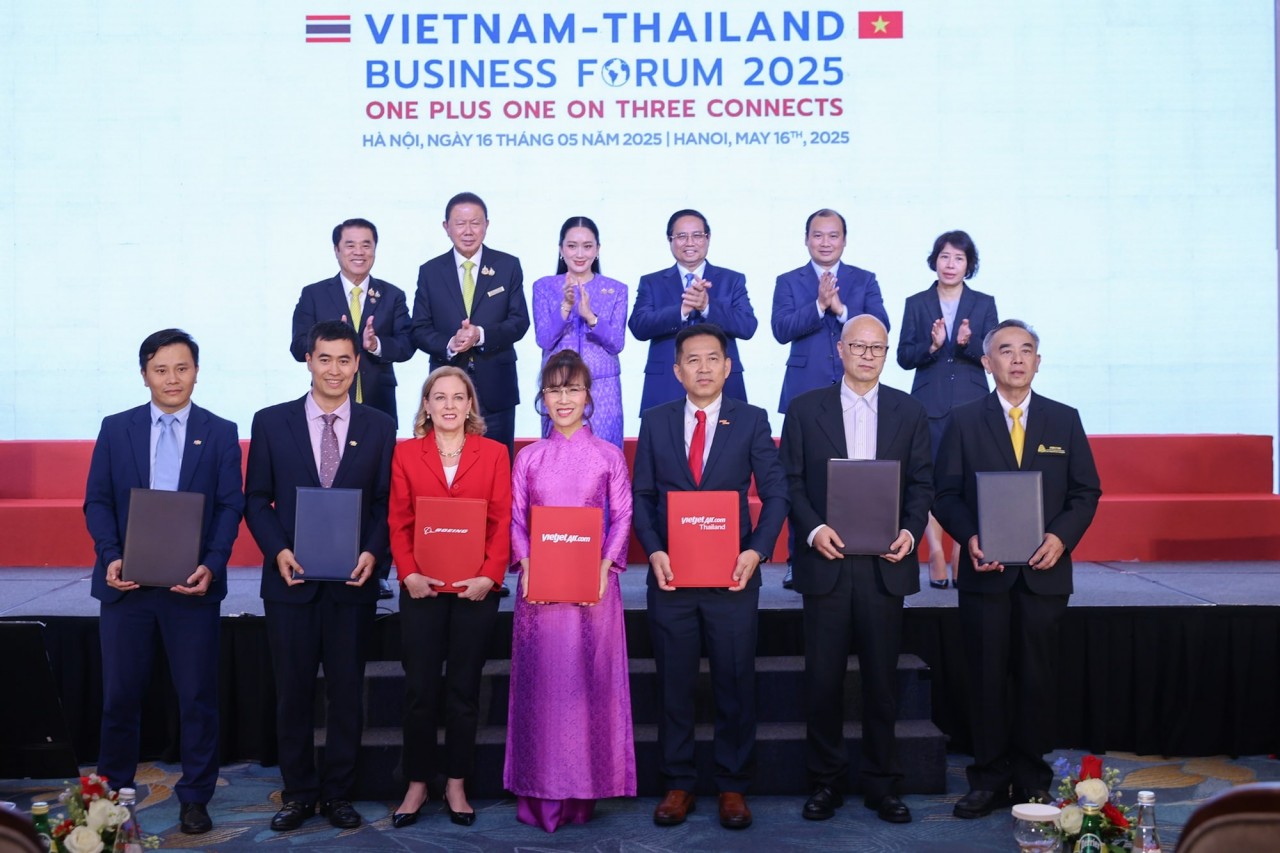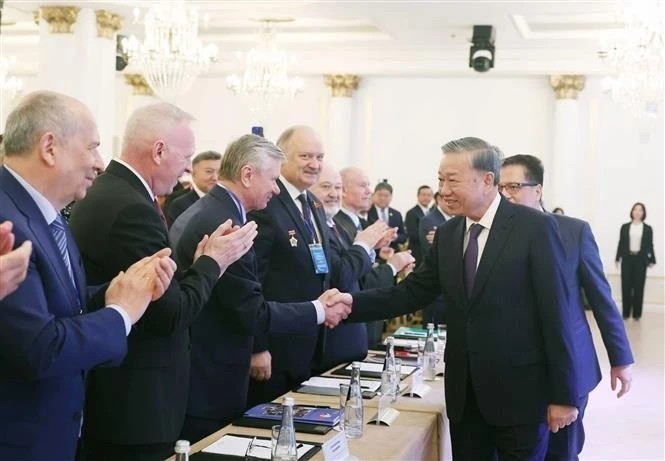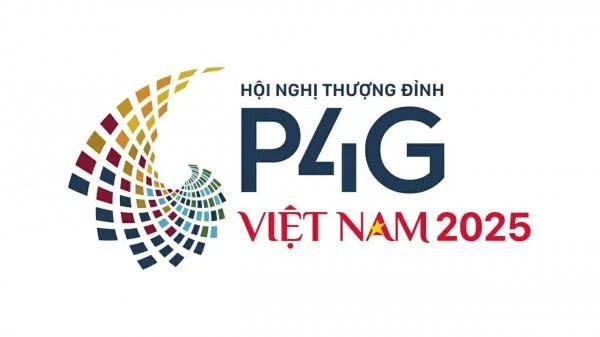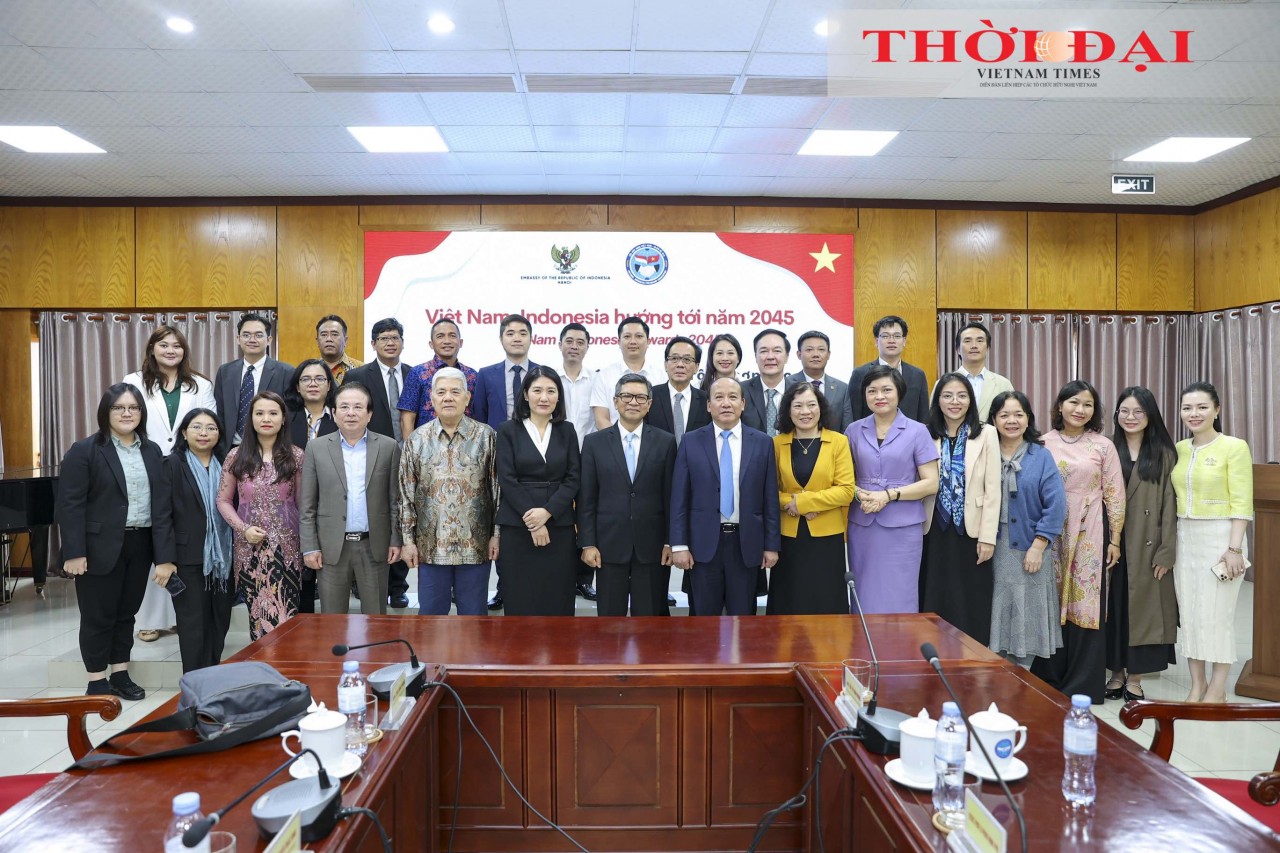Vietnam Actively Participated in Greater Mekong Subregion's Economic Cooperation
| India's Proactive and Comprehensive Approach to Disaster Management | |
| IOM Acting Chief of Mission: Vietnam Proactive in Migration Agreement |
The Greater Mekong Subregion Economic Cooperation Program was the first cooperation framework established in the Mekong subregion in 1992 with the support of the Asian Development Bank (ADB). The ADB acts as the coordinator through the GMS Secretariat. Members of the GMS include Cambodia, Laos, Myanmar, Thailand, Vietnam, and China (represented by Yunnan and Guangxi provinces).
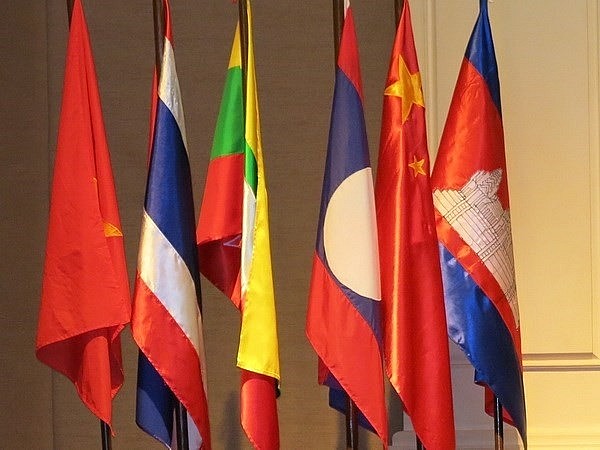 |
| Photo: dangcongsan.vn |
The goal of the GMS is to promote and facilitate mutually beneficial economic cooperation among Cambodia, Laos, Myanmar, Thailand, Vietnam, Yunnan and Guangxi provinces of China, to support GMS countries in successfully achieving the Millennium Development Goals, and to rapidly transform the Greater Mekong Subregion into a fast-growing and prosperous region in Southeast Asia. The GMS will achieve this goal through the 3Cs of Connectivity, Competitiveness, and Community.
To date, the GMS has held 26 Ministerial Conferences and 7 Summits. At the 7th GMS Summit, GMS countries agreed on the Greater Mekong Subregion Economic Cooperation Program 2030 (GMS-2030) Framework to set the direction for the subregion's development over the next decade, building on the GMS's strengths of focusing on connectivity and promoting a project-based approach. The cooperation situation of the GMS is based on the following foundations:
Vision: To develop a more integrated, prosperous, sustainable, and inclusive GMS subregion.
Mission: To focus on the community's fundamental strengths, connectivity, and competitiveness to build a GMS community with a bright common future, based on the core principles of environmental sustainability and resilience, intra-regional and external connectivity, and inclusiveness.
Cooperation pillars: Pillar 1 - "Community": Develop a healthy and environmentally sustainable GMS community that benefits all people in the subregion. Pillar 2 - "Connectivity": Strengthen transport and energy connectivity. Pillar 3 - "Competitiveness": Enhance competitiveness through the recovery and promotion of trade and investment, agriculture, tourism, climate-friendly urban development, and the creation of an open, fair, and non-discriminatory business environment.
Areas of cooperation:
Agriculture: Promote higher food quality and safety standards to expand exports, encourage climate-friendly and environmentally friendly production practices, focus on smallholder farmers and micro, small, and medium-sized agricultural enterprises, and support food security response and recovery in the medium and long term.
Energy: Promote cross-border electricity trade, establish regional power grids, develop a regional electricity market, and promote clean energy investment, encouraging a greater role for the private sector.
Environment: Apply green technologies to promote environmental sustainability and climate change adaptation, protect ecosystems, implement climate change adaptation policies, manage disaster risks, promote energy efficiency, renewable energy, climate-smart landscapes, and sustainable waste management.
Health and human resources: Control cross-border infectious diseases, exchange information, implement international health regulations, respond to pandemics, accelerate the implementation of universal health coverage. The GMS Health Development Strategy 2024-2030 prioritizes regional health security cooperation (strengthening international health regulations capacity, antimicrobial resistance, strengthening CDC capacity) and strengthening health systems towards universal health coverage (access to health products, health workforce and infrastructure, health services for all).
Tourism: Develop secondary and high-value added destinations, upgrade human resources, promote infrastructure connectivity, public-private partnerships, environmental sustainability, enhance tourist experiences and services, and promote creative tourism marketing and promotion.
Information and communications technology: Promote the connectivity of telecommunications infrastructure to create an "information superhighway". Information and communications technology helps the GMS integrate economically and enhance competitiveness.
Transportation: Prioritize multimodal transportation, facilitate cross-border transportation, improve logistics, asset management, and road safety, develop rail, seaport, river and inland port, airport networks, develop feeder routes connecting to main corridors to benefit the poorer community, and integrate urban transport with the GMS transport network.
Trade: Modernize customs, establish sanitary and phytosanitary regulations, strengthen linkages with the private sector, and support the development of e-commerce platforms in the subregion.
Urban development: Promote the planning of green, smart, competitive, resilient, safe, and inclusive cities, promote linkages between cities to develop new urban clusters, focusing on maximizing the economy, developing cities in border areas, linking with special economic and industrial zones, and improving waste management and pollution in cities near rivers and seas.
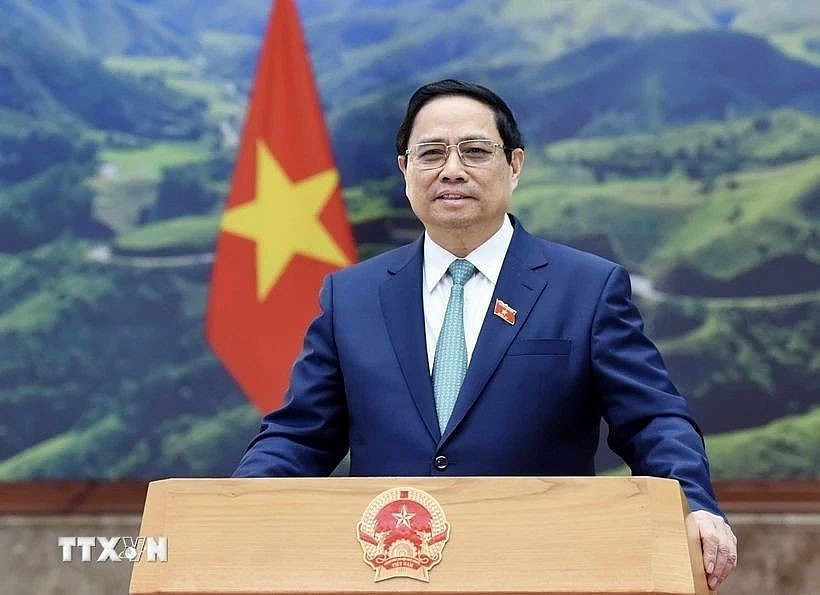 |
| Prime Minister Pham Minh Chinh. Photo: VNA |
Vietnam has been an active participant in the GMS since its inception. Since 1992, when it first joined, the Prime Minister assigned the State Planning Commission (now the Ministry of Planning and Investment) to lead and coordinate with relevant ministries and agencies in studying the orientation, content, and forms of participation in sub-regional economic cooperation.
Vietnam has been involved in numerous GMS initiatives, including the Cross-Border Transport Agreement, the Subregional Transport Strategy, the GMS Business Forum, and various energy and environmental cooperation projects.
In 2018, Vietnam hosted the 6th GMS Summit for the first time to mark the 25th anniversary of the establishment of the GMS cooperation mechanism. As the host, Vietnam successfully organized the Summit with the adoption of two important guiding documents for the GMS including the Hanoi Action Plan 2018-2022 and the Regional Investment Framework, officially launched the process of building a long-term vision for the GMS after 2022. For the first time, the GMS Business Summit was held with the participation of more than 2,000 domestic and international delegates.
Vietnam has actively contributed to the implementation of the GMS Transport Strategy, with notable projects such as the Noi Bai-Lao Cai Expressway and the Mekong Delta connectivity project. Additionally, Vietnam has been a strong advocate for regional tourism development, as evidenced by the successful implementation of tourism infrastructure projects.
 | EU-funded Project for Eco-Resilient Agriculture in Vietnam's Mekong Delta The STAR-FARM project is a comprehensive program that addresses the urgent need for sustainable agricultural practices in the face of climate change and environmental challenges. |
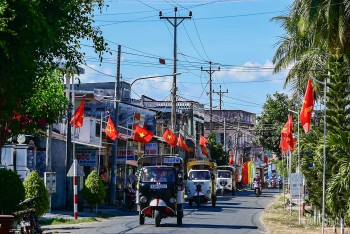 | Explore Dai Dien Commune – A Peaceful Getaway In The Mekong Delta Visiting Dai Dien Commune, Thanh Phu district (Ben Tre), tourists can ride a “tuk tuk” through this dreamy and tranquil land, explore a 100-year-old ancient ... |
Recommended
 Viet's Home
Viet's Home
Vietnam’s People's Public Security Force Actively Contributes to UN Peacekeeping Operations
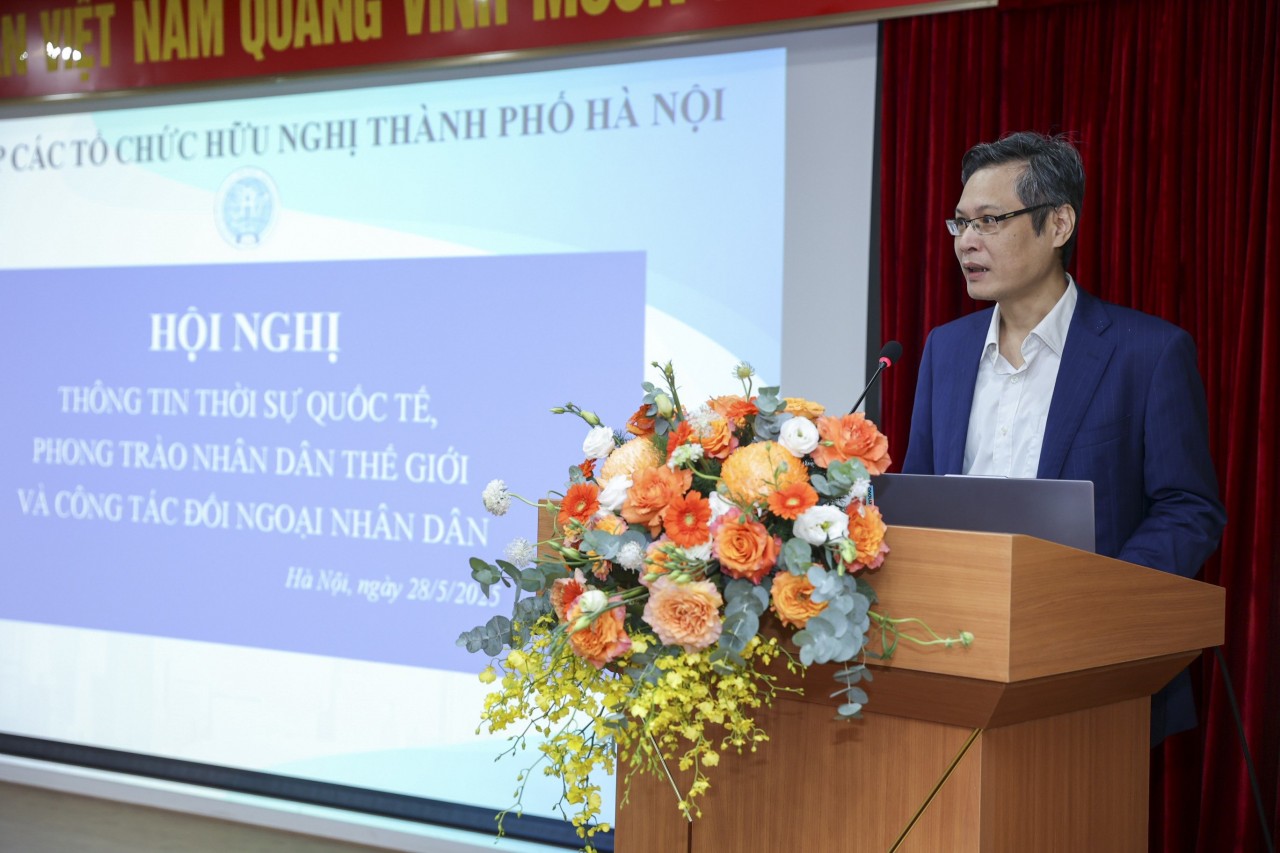 Viet's Home
Viet's Home
HAUFO Enhances Competence of People-to-People Diplomacy Personnel
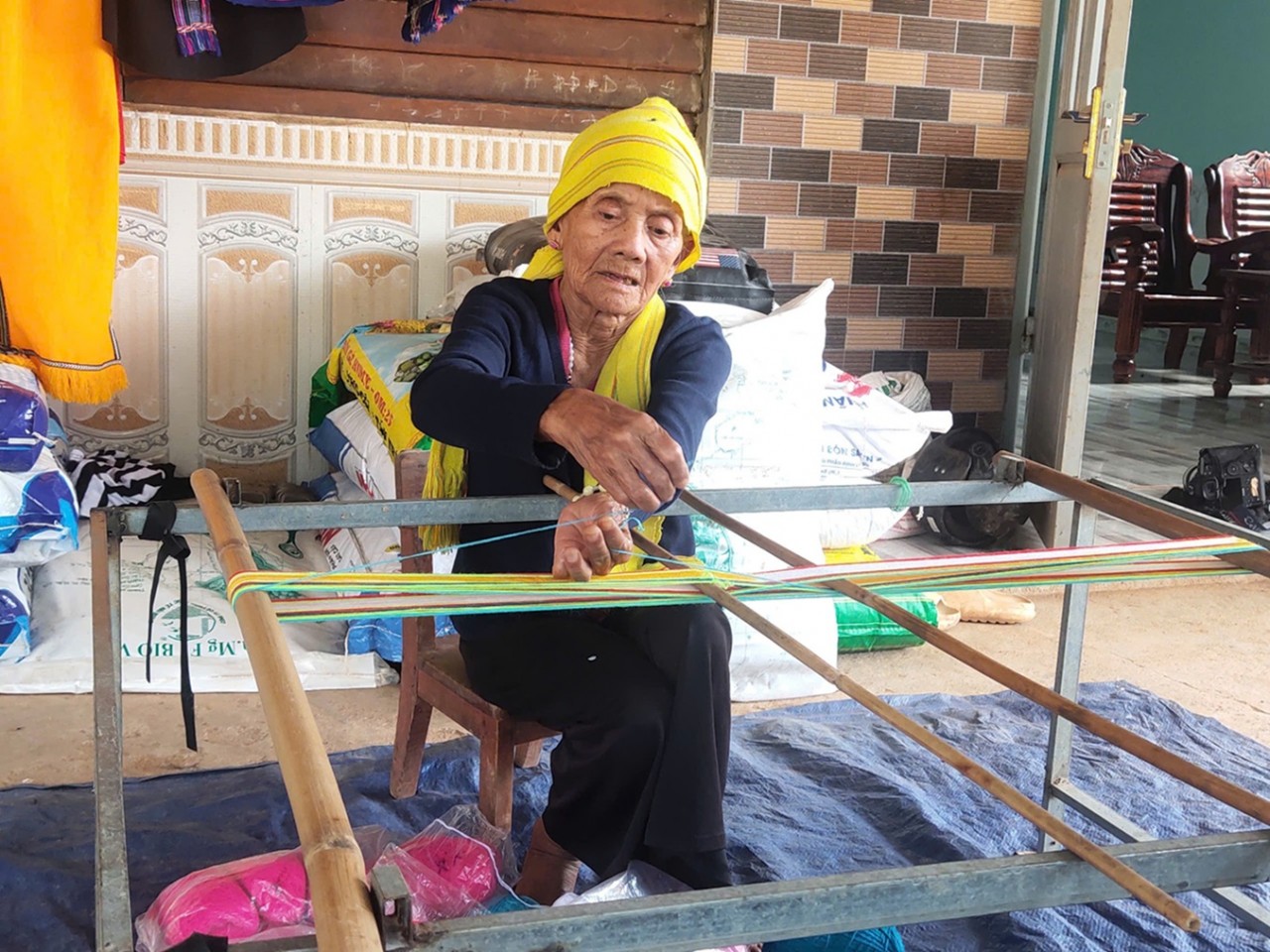 Viet's Home
Viet's Home
Hands that Reserve Da Long Brocade Craft
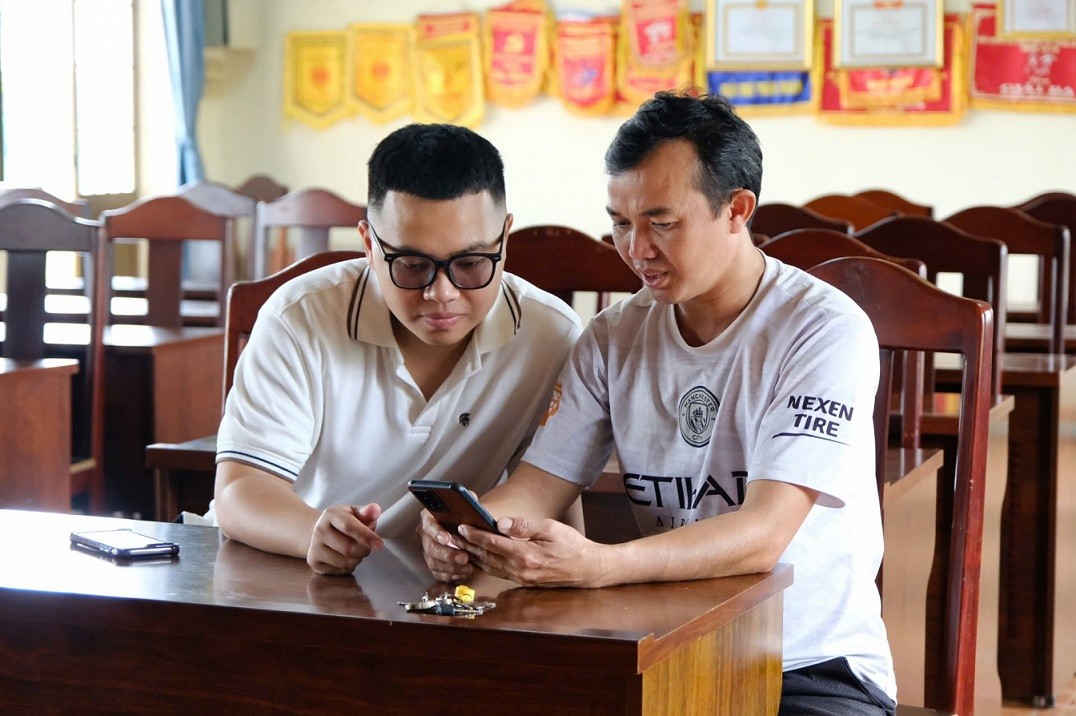 Viet's Home
Viet's Home
Da Rsal – How Digital Transformation Reshape a Poor Commune
Popular article
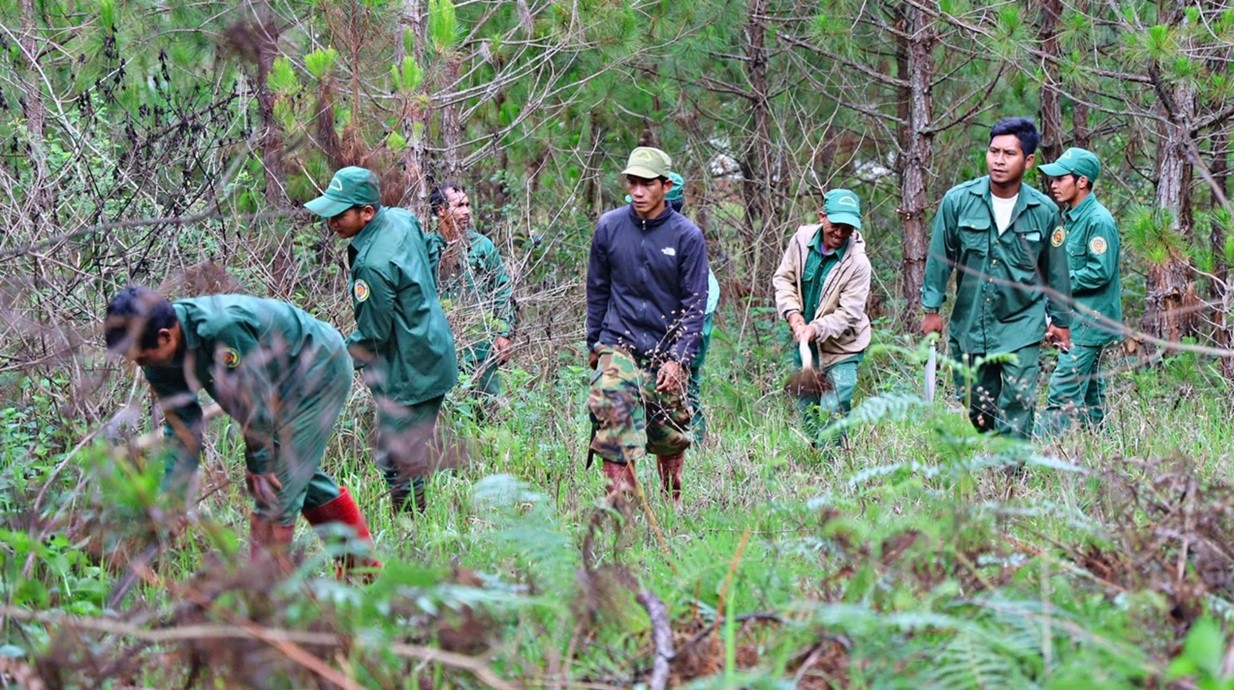 Viet's Home
Viet's Home
Vietnam Classified as “Low Risk” Under the EU Anti-Deforestation Regulation
 Viet's Home
Viet's Home
Vietnamese Architect Wins the Diversity in Architecture Award 2025
 Viet's Home
Viet's Home
Vietnamese Photographer Triumph in Global Food Photography Contest
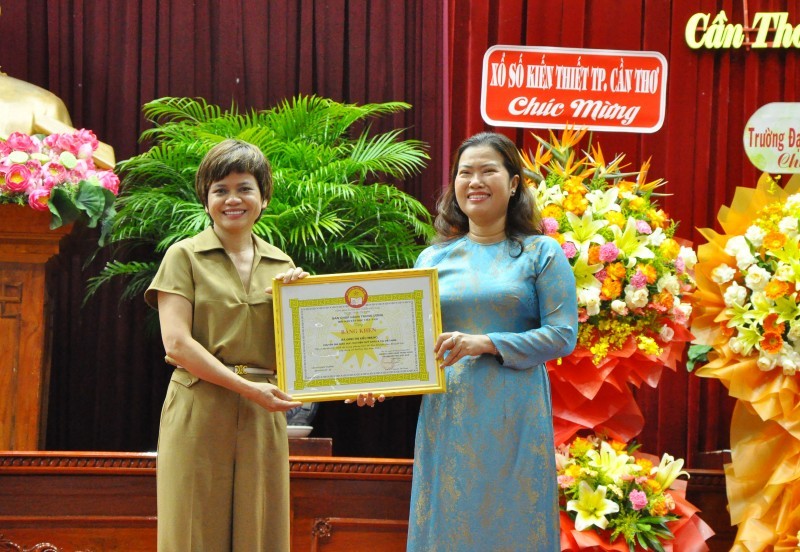 Viet's Home
Viet's Home




